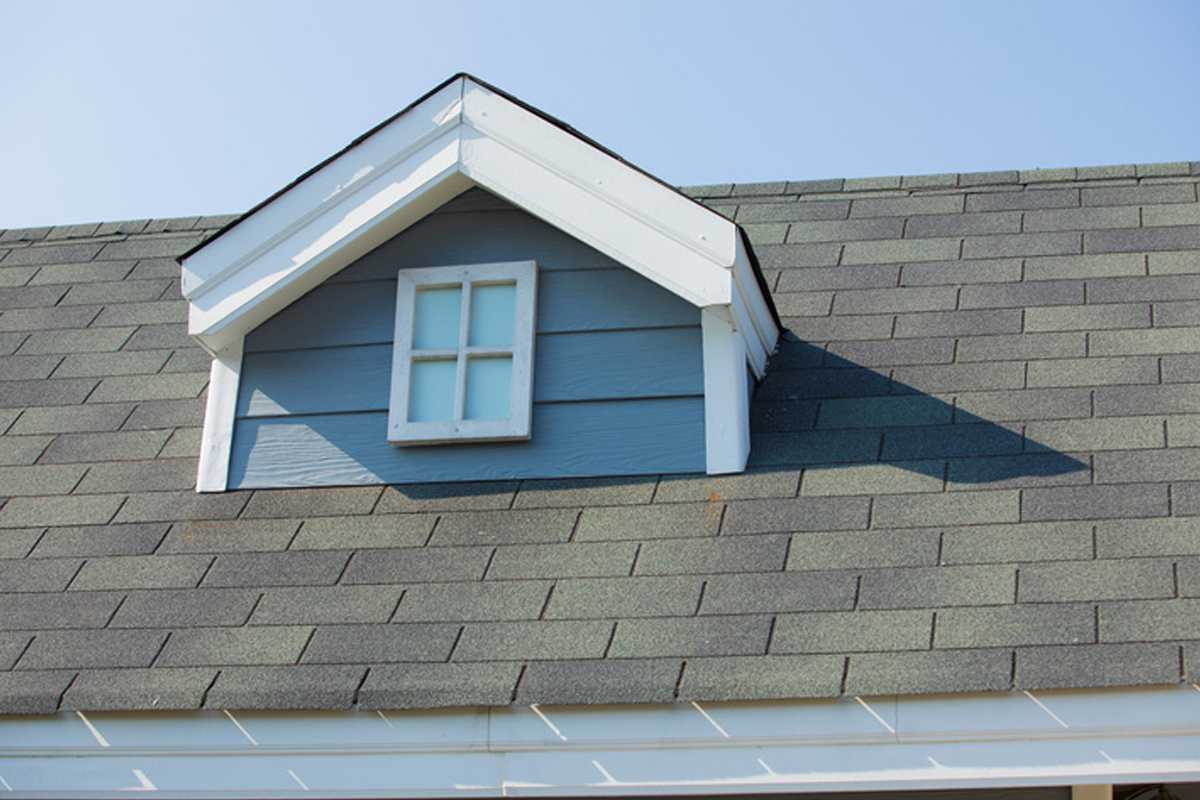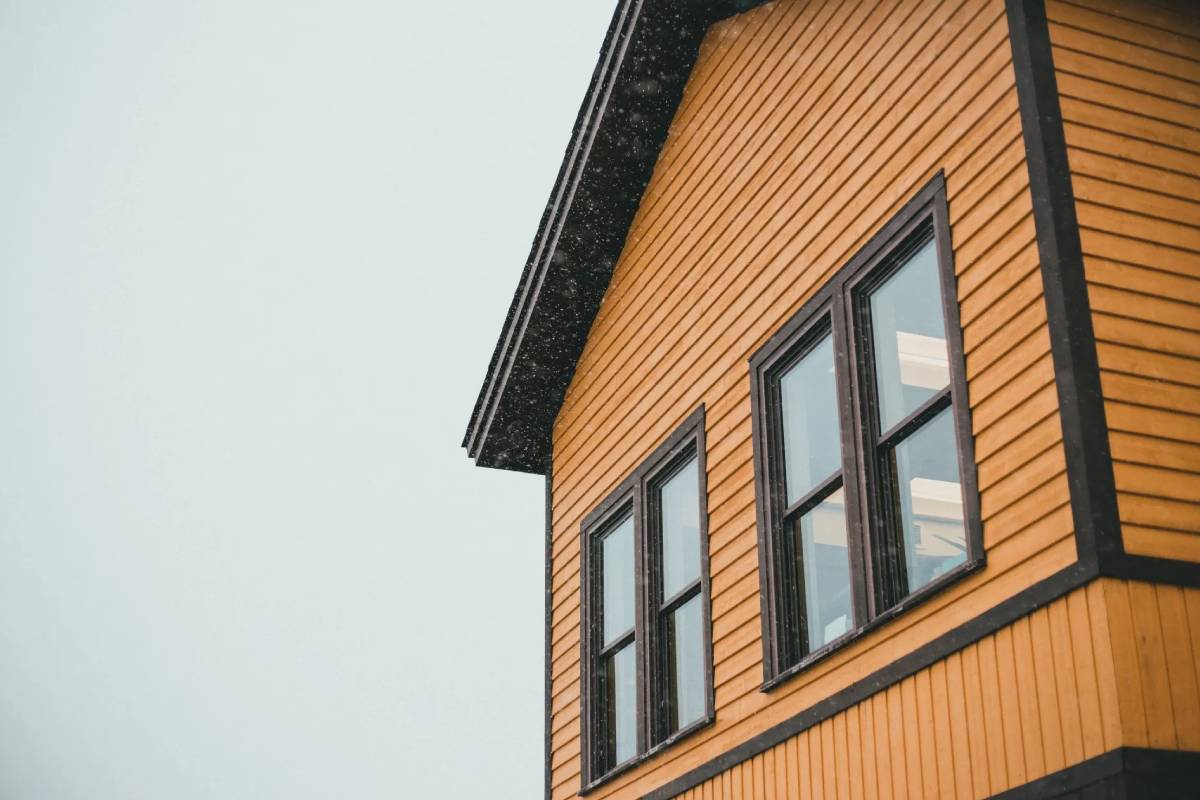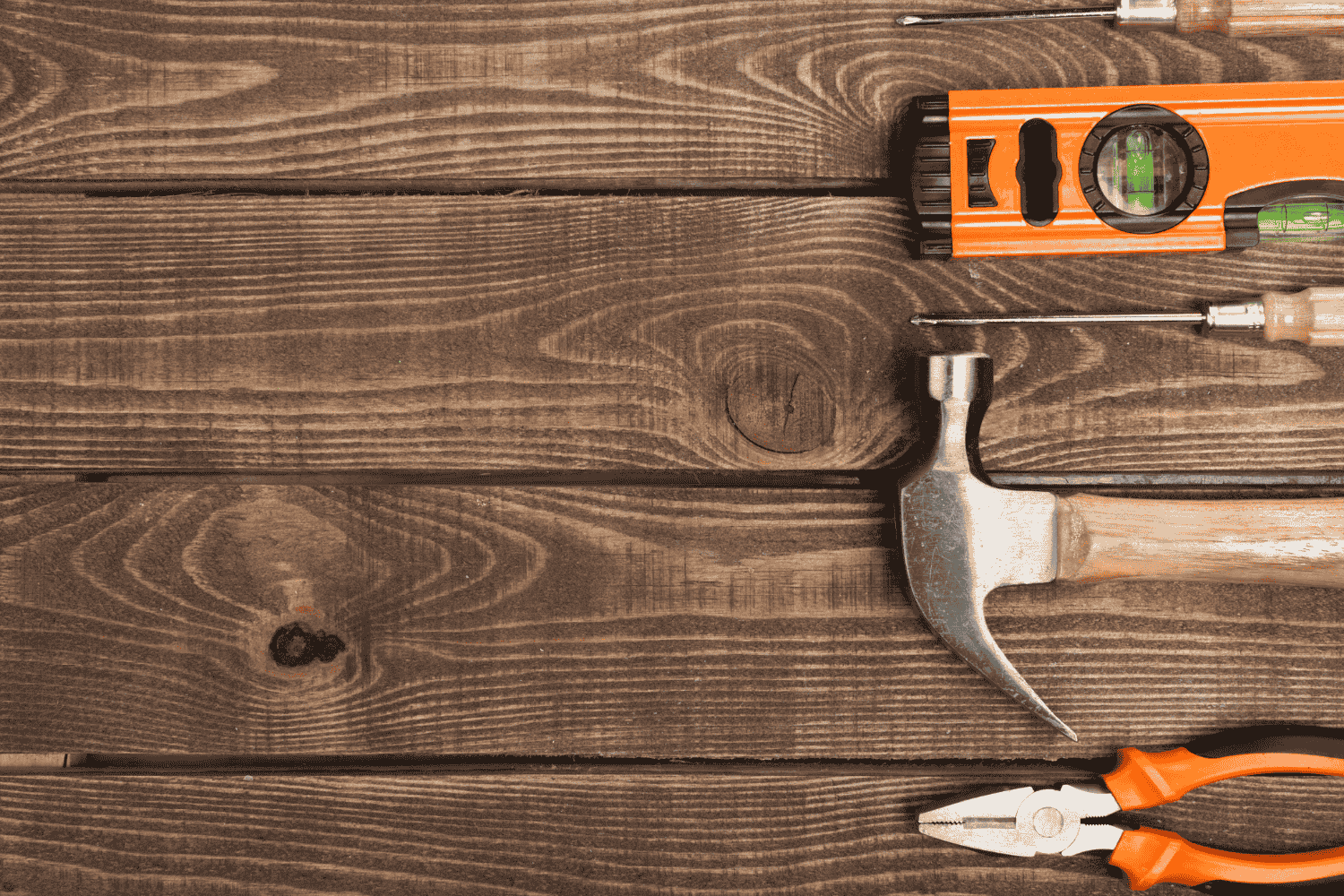Some of the most frequently asked questions that we receive here at Bordner revolve around siding and what it can and cannot do for your home. So we’ve decided to share some answers to FAQ about siding with our blog readers. This is the first installment of the series of siding FAQs and we’ll be posting a second installment soon. In the meantime, please let us know if this has been helpful or if there are questions about siding of your own that you still have.
From Bordner:
Can my utility bills decrease if I add siding to my home?
Yes it will. Bordner offers vinyl siding that has an R-value of up to 5.0, which is the highest R-factor of all siding options available.
Can you explain the Energy Star program and how it works?
The Energy Star Program was started by the EPA and the US Department of Energy to help consumers in the recognition of energy saving products. This program also promotes the environmental and economic benefits to these siding products through the Energy Star label. At Bordner, Energy Star endorses all of our products.
What’s a realistic expectation for the lifespan of siding on my home?
Most people are under the impression that all siding is the same. However, fiber cement and vinyl siding perform differently than other siding types, and are available in different levels of quality and longevity. The standard rule is – “the cheaper the price, the shorter the life of the product.” At Bordner, all of our siding products come with a lifetime warranty that protects your siding against fading, as well as unique manufacturers’ warranties for each product, along with our installation warranty and satisfaction guarantee. Our siding products include the best warranties on the market. This does not, however, make them the most expensive. All of our products are priced to fit your budget.
Contact Bordner today to learn more about how we can help you choose the siding that’s best for your home.
Photo Credit: SidingID.com






